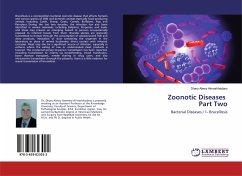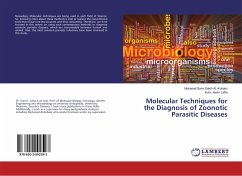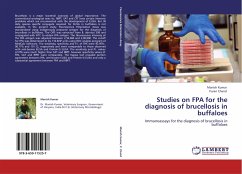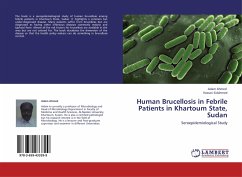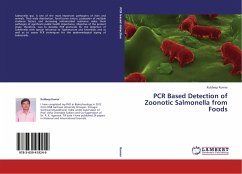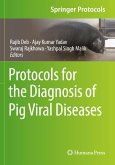Brucellosis is a cosmopolitan bacterial zoonotic disease that affects humans and various species of Wild and domestic animals especially food-producing animals including Cattle, Sheep, Goats, Camels, Buffaloes, Pigs and Reindeer. During the last two decades, the infection has also been identified in marine mammals, including Dolphins, Porpoises, and Seals, and these may present an emerging hazard to persons occupationally exposed to infected tissues from them. Brucella species are generally transmitted to human through the consumption of unpasteurized milk and dairy products, inhalation of dust containing the organism in the laboratory or place of animal husbandry, direct contact with infected carcasses. Meat may also be a significant source of infection, especially in cultures where the eating of raw or undercooked meat products is favored. The occasional person-to-person transmission has been reported, including transmission to infants via breastfeeding, blood transfusion, bonemarrow transplant, needle sharing in drug users, and also intrauterine transmission through the placenta, there is a little evidence for sexual transmission of brucellosis.
Bitte wählen Sie Ihr Anliegen aus.
Rechnungen
Retourenschein anfordern
Bestellstatus
Storno

